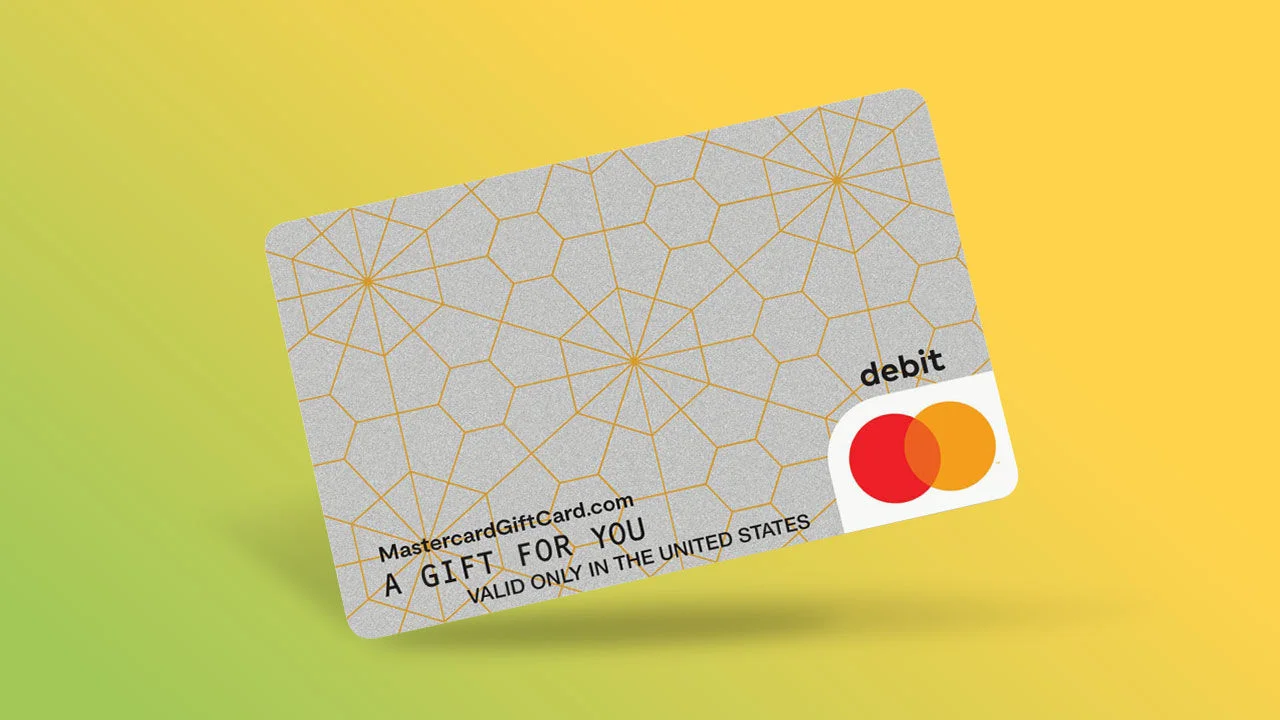Reloadable gift cards function as flexible spending tools beyond single-use alternatives. These cards allow multiple value additions over extended periods rather than becoming worthless after initial balance depletion. Users maintain single cards for years through periodic reloading instead of accumulating numerous depleted cards. Convenience appeals to frequent shoppers at certain retailers. Consumers can determine whether reloadable cards are better suited to their shopping habits by amexxgiftcards.com. The benefits extend across financial management, environmental impact, security features, and reward opportunities that accumulate over time with consistent usage patterns.
Budgeting control improves
Reloadable cards create spending boundaries that credit cards cannot enforce. Users load specific amounts for designated purposes like dining, entertainment, or groceries. Once balances deplete, spending stops until intentional reloading occurs. This forced pause prevents impulse purchases that credit cards enable through available credit limits. Parents use reloadable cards to teach children money management. Weekly allowances loaded onto cards give kids spending power with built-in limits. The cards work like debit cards without requiring bank accounts. Children learn budgeting through finite balances that require planning.
Reduced plastic waste
Single-use cards create environmental problems through disposable plastic production. Each used card becomes trash after balance depletion. Reloadable cards eliminate this waste stream by serving indefinitely through repeated funding cycles. One reloadable card replaces dozens of disposable versions over its lifetime. Environmental conscious consumers prefer reloadable options for sustainability reasons. The production impact from manufacturing one card beats creating fifty throwaway versions. Reduced demand for new card production decreases overall plastic consumption. Small individual choices accumulate into meaningful environmental improvements across millions of consumers.
Enhanced security features
Reloadable cards offer protection superior to carrying cash or using credit cards for routine purchases. Loading limited amounts means potential theft or fraud losses stay minimal. Full bank account access remains protected, unlike debit cards that link directly to checking accounts. Stolen reloadable cards compromise only loaded balances rather than entire financial accounts. Registration features on reloadable cards enable quick freezing after loss reports. Remaining balances transfer to replacement cards within days. This protection exceeds cash losses that are never recovered. The cards also prevent credit card number exposure during online purchases. Using reloadable cards for internet shopping shields credit card details from potential data breaches.
Reward program access
Many reloadable card programs include loyalty rewards for regular users. Frequent reloading triggers bonus credits or percentage-based rewards. These incentives increase card values beyond loaded amounts. Accumulated rewards fund future purchases without additional money investment. Retailers offer the following reloadable card rewards:
- Percentage bonuses on reload transactions above minimum thresholds
- Birthday month bonus credits for registered cardholders
- Exclusive sale access before general public announcements
- Free shipping on online orders paid with reloaded cards
- Points accumulation toward free merchandise or services
Some retailers offer more generous rewards than others.
Simplified expense tracking
Single cards for specific spending categories streamline financial recordkeeping. Transactions consolidate under one card rather than being scattered across multiple payment methods. Monthly statements or transaction histories provide clear spending summaries. This organization simplifies budget reviews without sorting through mixed payment records. Business expense separation becomes easier with dedicated reloadable cards. Meal expenses, travel costs, or supply purchases each get assigned cards. Come tax time, expenses sort automatically by card rather than requiring manual transaction categorization. Accountants appreciate this simplified documentation during tax preparation.
The cards serve users seeking ongoing relationships with specific retailers rather than one-time transactions. Evaluating shopping patterns determines whether reloadable options match individual needs better than traditional single-use cards.






